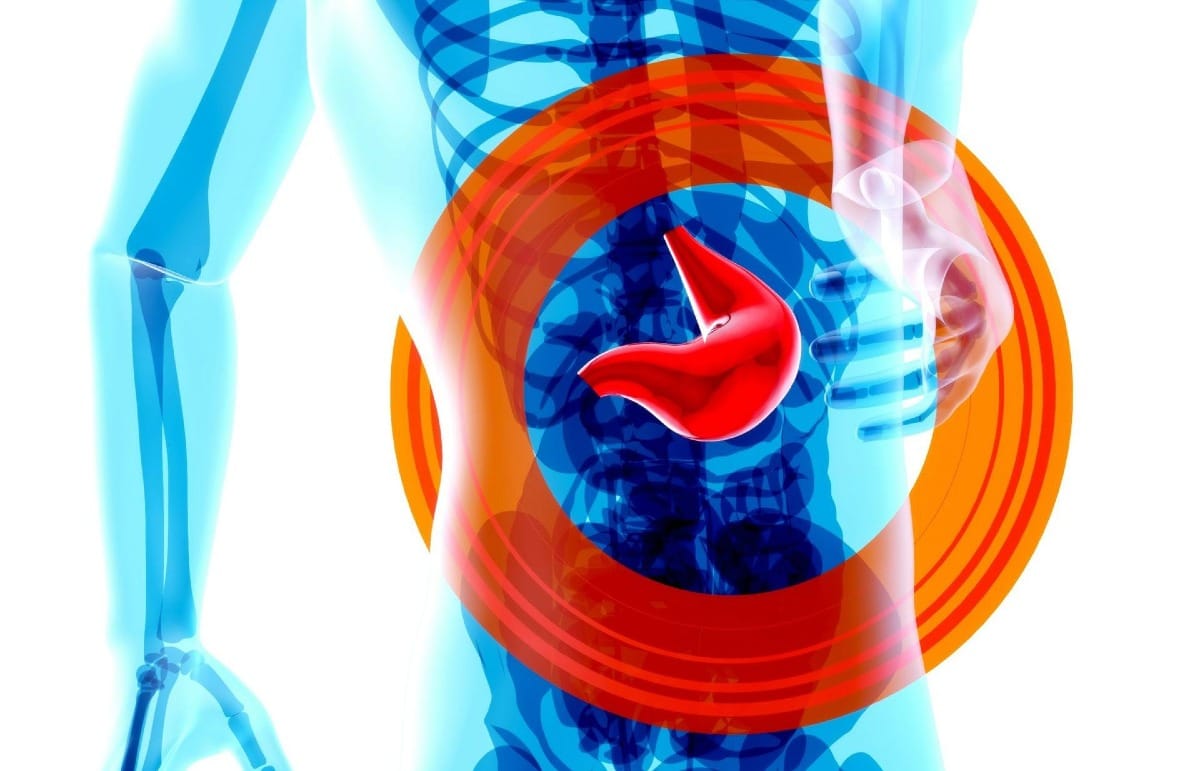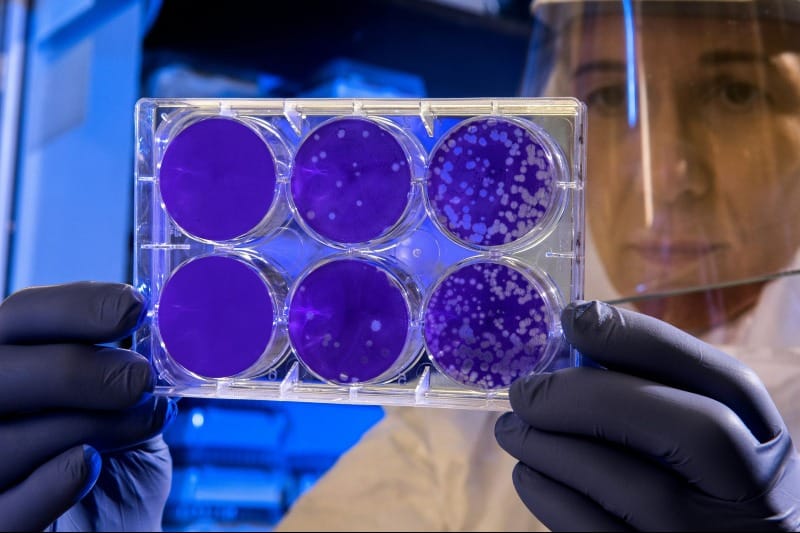In the vast ecosystem of our digestive system, we've long focused on the bacterial inhabitants known as the microbiome. However, recent scientific discoveries are shedding light on a lesser-known but equally important community: the mycobiome. This fungal network within our gut could hold the key to understanding and addressing many of America's persistent digestive health issues. Let's explore this fascinating frontier of gut health and its potential to revolutionize how we approach digestive wellness.
Key Takeaways:
- The mycobiome is a community of fungi in our gut, distinct from the bacterial microbiome.
- Fungi play crucial roles in digestion, immune function, and overall health.
- Imbalances in the mycobiome may contribute to various gut issues and diseases.
- Diet and lifestyle choices significantly impact the mycobiome's health.
- Understanding the mycobiome could lead to new treatments for digestive problems.
What is the Mycobiome?
The mycobiome refers to the diverse community of fungi that resides in our digestive tract. While much attention has been given to the bacterial microbiome in recent years, the mycobiome has remained largely in the shadows. However, scientists are now recognizing its vital importance to our overall health[2].

A Fungal Frontier
Unlike bacteria, fungi are eukaryotic organisms, meaning they have a cell nucleus. This makes them more closely related to human cells than bacteria are. The most common types of fungi found in the human gut include Candida, Saccharomyces, and Malassezia species[2].
The Mycobiome's Role in Gut Health
The mycobiome isn't just a passive resident in our digestive system; it plays active and crucial roles in maintaining our health.
Digestion and Nutrient Absorption
Fungi in our gut help break down complex carbohydrates and other nutrients that our bodies might otherwise struggle to digest. This process aids in the absorption of essential vitamins and minerals[2].
Immune System Support
The mycobiome interacts closely with our immune system, helping to train and modulate its responses. This interaction is crucial for maintaining a balanced immune response and preventing autoimmune disorders[5].
Maintaining Gut Balance
A healthy mycobiome helps keep potentially harmful microorganisms in check, contributing to overall gut homeostasis[2].
Mycobiome Imbalances and Health Issues
When the delicate balance of the mycobiome is disrupted, it can lead to various health problems.
Digestive Disorders
Imbalances in the mycobiome have been linked to inflammatory bowel diseases like Crohn's disease and ulcerative colitis[2].
Systemic Health Effects
The influence of the mycobiome extends beyond the gut. Research suggests that mycobiome imbalances may contribute to conditions such as:
- Obesity
- Diabetes
- Allergies
- Mental health disorders[5]
Factors Affecting the Mycobiome
Several factors can influence the health and composition of our mycobiome.
Diet
What we eat plays a significant role in shaping our mycobiome. A diet rich in diverse plant-based foods, particularly those high in fiber, can promote a healthy fungal community[2].
Antibiotics and Antifungals
While sometimes necessary, the overuse of antibiotics and antifungal medications can disrupt the delicate balance of the mycobiome[2].
Lifestyle Factors
Stress, sleep patterns, and exercise habits all impact the health of our mycobiome[4].
The Mycobiome and America's Gut Issues
The United States faces a significant burden of digestive health problems. Understanding the mycobiome could provide new insights into these issues and potential solutions.
Prevalence of Digestive Disorders
Digestive disorders affect millions of Americans, with conditions like irritable bowel syndrome (IBS) and inflammatory bowel disease (IBD) on the rise[4].
The Mycobiome Connection
Emerging research suggests that many of these digestive issues may be linked to imbalances in the mycobiome. By understanding and addressing these imbalances, we may be able to develop more effective treatments[2].
Future Directions in Mycobiome Research
The field of mycobiome research is still in its early stages, but it holds immense promise for the future of digestive health.
Diagnostic Tools
Scientists are working on developing tests to assess the health of an individual's mycobiome, which could lead to more personalized treatment approaches[2].
Targeted Therapies
Understanding the mycobiome could lead to the development of new probiotics, prebiotics, and other therapies specifically designed to support fungal health in the gut[5].
Dietary Recommendations
As we learn more about how diet affects the mycobiome, we may be able to develop more precise dietary guidelines for optimal gut health[2].
How to Support Your Mycobiome
While research is ongoing, there are steps you can take now to support your mycobiome health:
- Eat a diverse diet rich in plant-based foods
- Limit the use of unnecessary antibiotics and antifungal medications
- Manage stress through relaxation techniques or exercise
- Get adequate sleep
- Consider incorporating fermented foods into your diet[4]
Conclusion
The mycobiome represents an exciting new frontier in our understanding of gut health. As research in this field progresses, it has the potential to revolutionize how we approach digestive health and treat a wide range of gut-related issues. By paying attention to this "forgotten cousin" of the microbiome, we may unlock new solutions to some of America's most persistent health challenges.
Remember, while the mycobiome is a promising area of research, it's always important to consult with healthcare professionals before making significant changes to your diet or health regimen. The future of gut health looks bright, and the mycobiome may just be the key to unlocking a new era of digestive wellness.















Member discussion